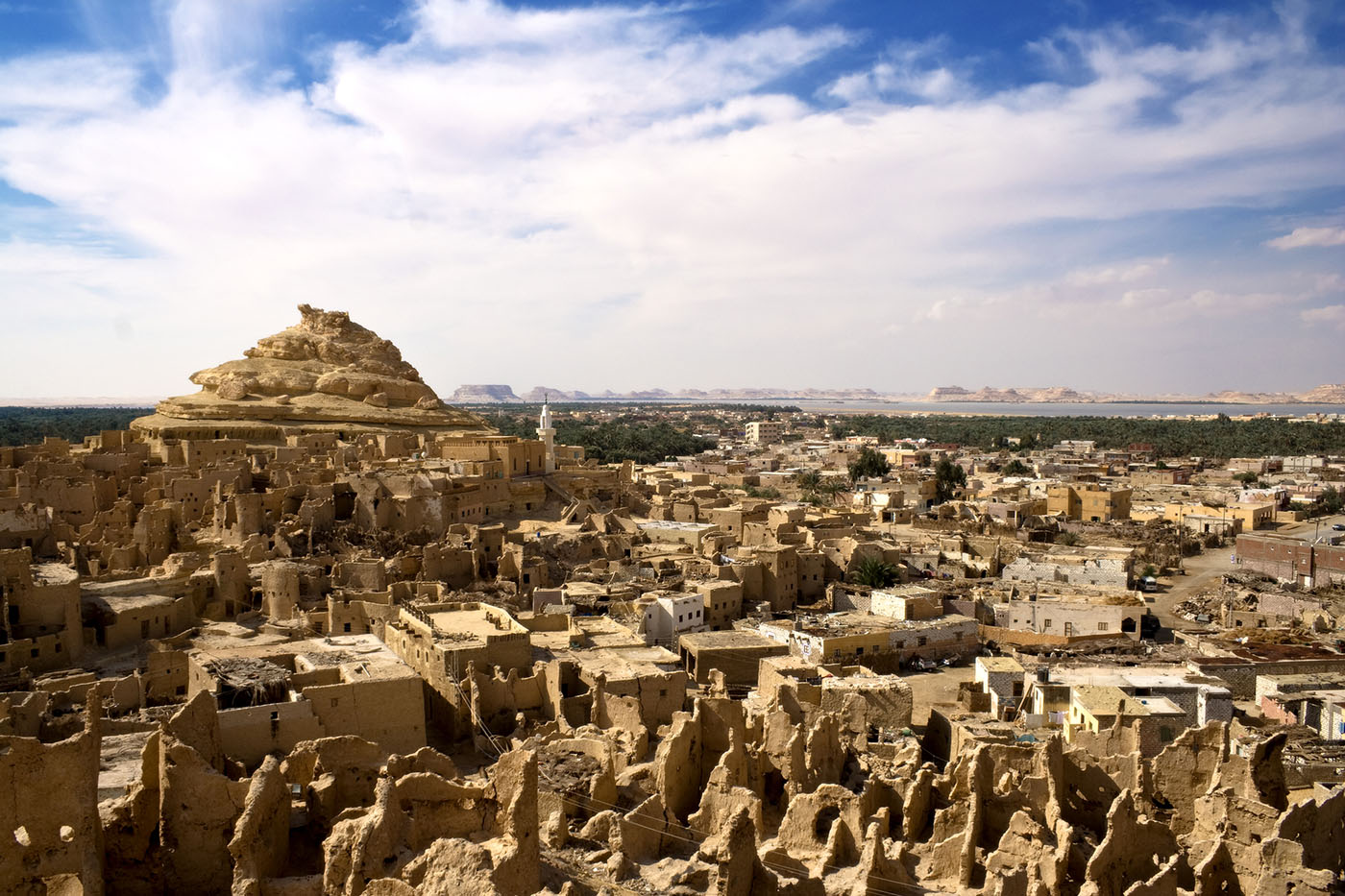Bel Parker heard story around the campfire in the deserts of Siwa. She's convinced that “it has changed during its journey from the storyteller’s mouth” to her written words. She believes that mistranslation might have brought in new colors and details and “dragged the story away from the “faithful retelling” she was aiming for. Parker wrote The Butcher’s Assistant — A True Story Set in Alexandria, about working in a farargi butcher’s in the city’s Kom el-Dika district.
This story begins with a poor tailor. His little shop was just one on a whole street of tailors’ shops, all of which had seen better times. One day, the tailor decided that he had had enough and resolved to find his fortunes elsewhere. He packed up a small bag with a few items for the journey, including a small clay plate that his mother had made him. Then he closed up his shop and wished farewell to all the other tailors. They scoffed as they saw his disappearing figure. What could he possibly expect to find?
The poor tailor traveled and traveled, hardly pausing for rest. After a long and difficult journey, he finally came across a beautiful island. It was green and fertile with winding rivers and trees laden with fruit. When he looked closely at the stones and pebbles beneath his feet, he saw that they were flecked with gold. Real pieces of gold.
The people of the island were happy, generous people. They were human in form except for their eyes — they had only one each! The islanders were amazed and delighted by the tailor’s second eye, and quickly made him their king. He lived in a palace of gold and feasted daily on meats and fish and delicious fruits. He held parties in his palace every night for the people of the island, with singing and dancing and much wine. He lived on the island in this way for 20 years and was very happy. After all this time, however, he began to feel nostalgia for his old life and his little tailor’s shop. He decided to go back. When he told the islanders of his decision, they shed many tears from their singular eyes and plied him with gold to take with him. Wanting to thank them for all their generosity, he gave them the only thing he had — the small clay plate that his mother had made. They exclaimed with wonder at this strange and beautiful gift and sent him on his way.
When the tailor arrived back to his beloved little shop, the other tailors could not believe the changed man that they now saw. He told them of the island, and the riches, and the happy life he had lived, and he shared his remaining gold between them. One of the other tailors, with whom this story continues, was unsatisfied with the portion of gold he had received and resolved to travel to the island himself. Over the next few weeks, he worked tirelessly to make fine clothes that he could offer the islanders in return for gold. Once the clothes were finished, the second tailor set off on the long journey.
Upon his arrival on the beautiful island, the one-eyed islanders celebrated the second tailor as they had the first. They organized a huge feast in his honor, and asked him, too, to be their king. Savoring the thought of spending his new gold in front of the other tailors, he refused. He brought out the clothes he had made the islanders. They exclaimed in joy as they fingered the fine silks and velvets. The second tailor watched their reactions with satisfaction and thought dreamily of the mountains of gold he was sure to receive. After the feasting and dancing had finished, the second tailor readied himself for departure. The islanders congregated to discuss how they could possibly repay this generous stranger. Gold, so plentiful in these parts, was surely not precious enough. So, the good islanders presented the second tailor with their most treasured object: a small clay plate.
*Parker wrote The Butcher’s Assistant — A True Story Set in Alexandria, about working in a farargi butcher’s in the city’s Kom el-Dika district.





























































































